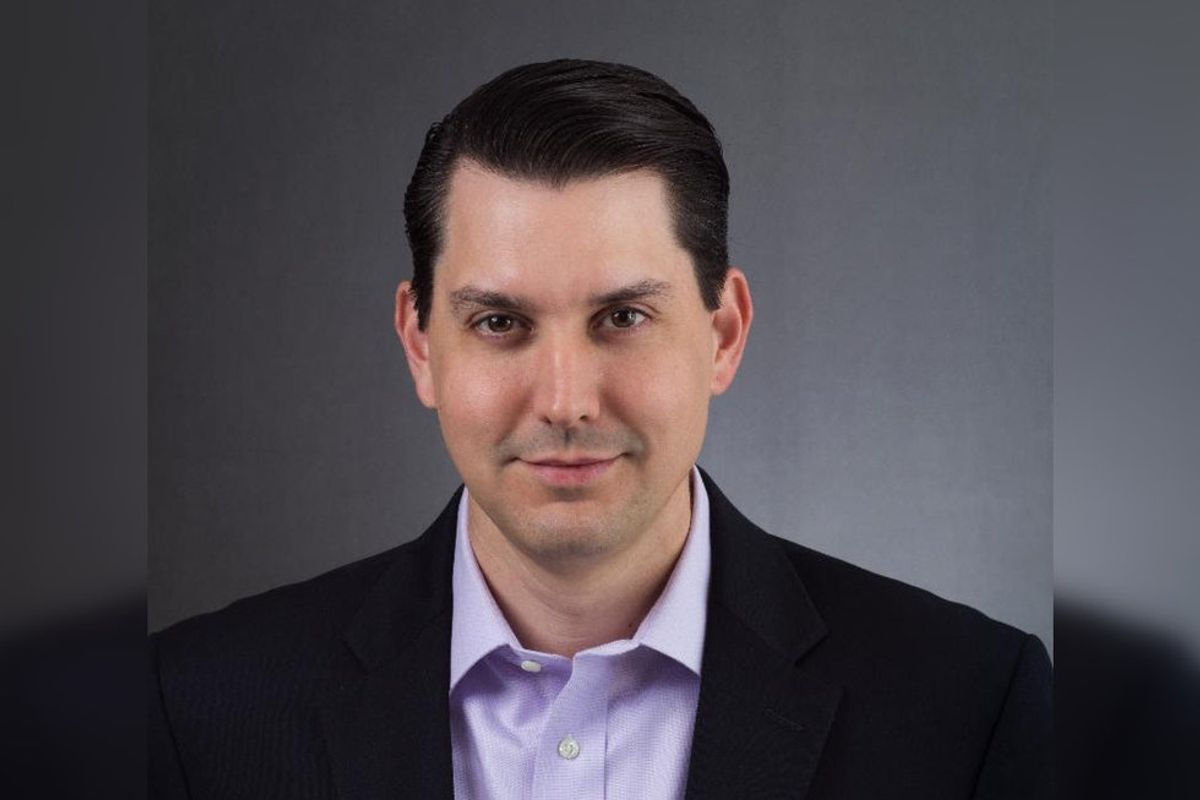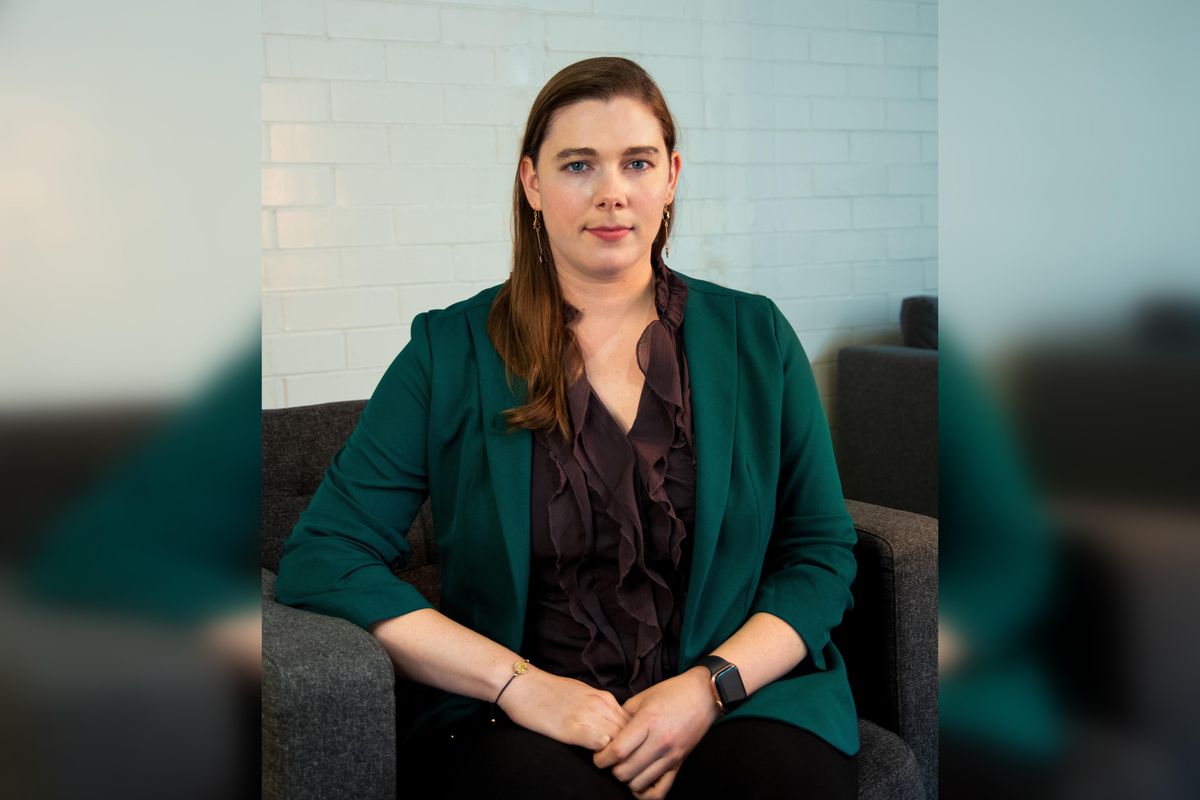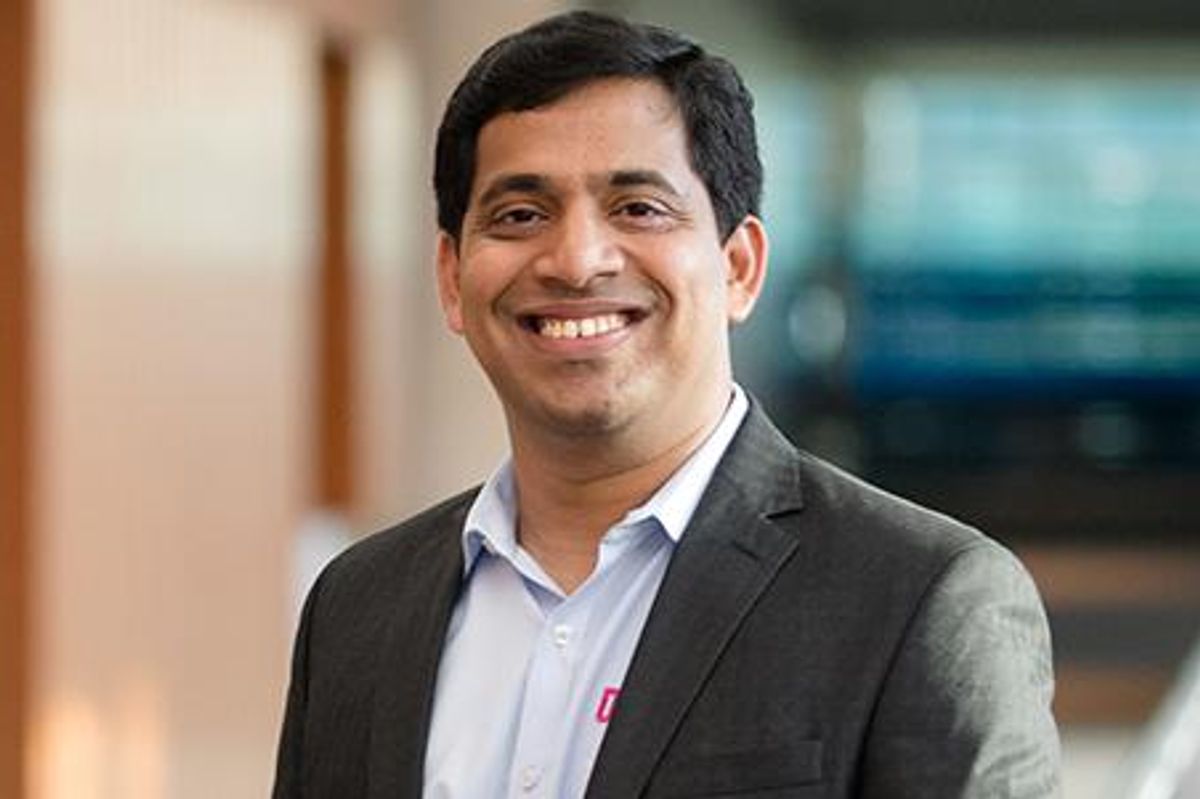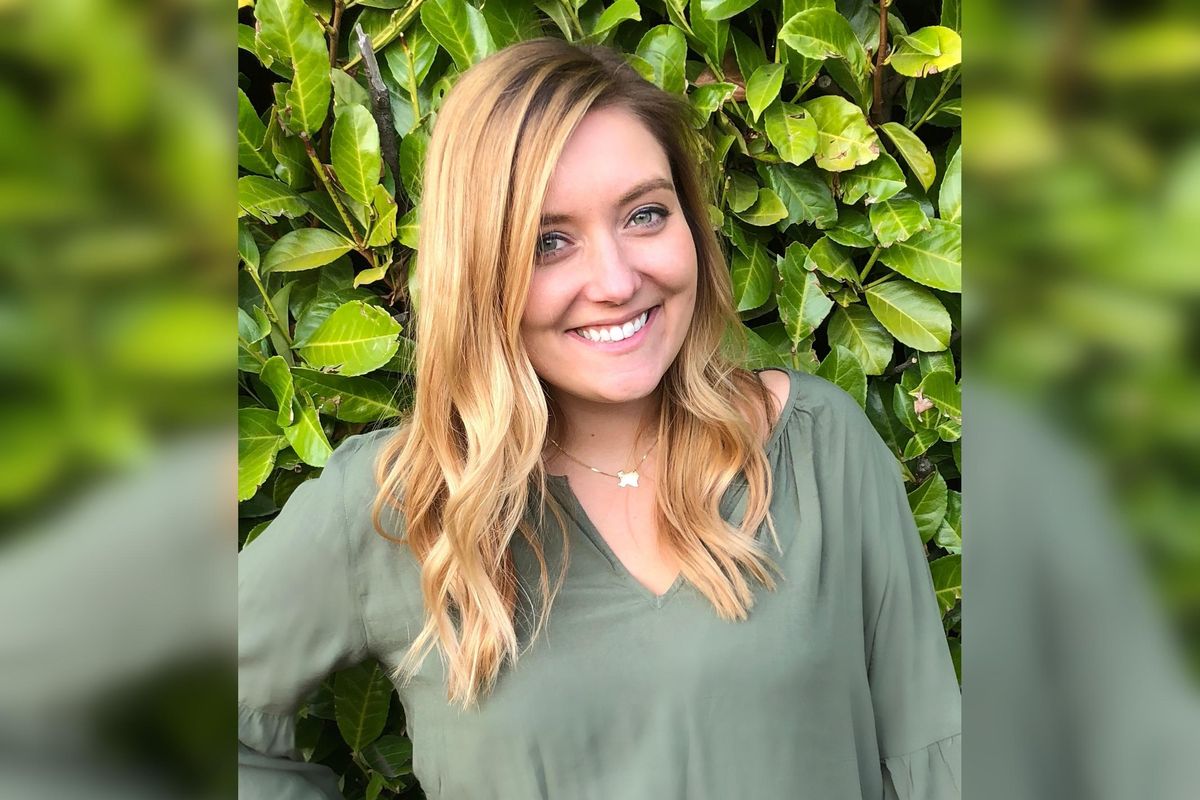Houston space co. adds new adviser, startup named SXSW alternate, and more innovation news
short stories
Houston startup news is in full swing this year, and there might be some headlines you may have missed.
In this roundup of short stories within Houston startups and tech, Venus Aerospace makes an impressive appointment, a sportstech startup is headed to SXSW, and more.
Houston space startup names former NASA administrator to board

Jim Bridenstine, formerly NASA's administrator, has joined Venus Aerospace. Photo courtesy of Venus
A Houston-based company that's creating reusable hypersonic drones and spaceplanes has named its latest adviser. Jim Bridenstine, who served as the 13th administrator for NASA, is Venus Aerospace's latest addition to the team.
"I'm excited to be on the board of advisors for Venus Aerospace," Bridenstine says in a statement. "We have been plowing through the atmosphere at Mach 0.7 for over 70 years. This not only wastes time, but it also costs too much money and places greenhouse gasses in the atmosphere. It's time to disrupt the transportation business and Venus Aerospace has the talent to do it."
"Now we're going above the atmosphere, at hypersonic speeds, to get from one side of the planet to the other in a much cleaner way," he continues.
Founded in California in 2020 and then relocated to the Houston Spaceport, Venus is scaling after raising a $20M series A last spring.
"Jim brings a very unique perspective and capabilities from aviator to congressman to administrator," says Andrew Duggleby, CTO and co-founder, in the release. "The thing that gets me most excited is his ability to jump in, understand the context, and know exactly where he can make an immediate difference."
Houston startup snags spot as SXSW Pitch alternate

This Houston tech company has been named an alternate for the 2023 SXSW pitch. Photo via SXSW
SXSW announced 40 finalists for the 15th annual SXSW Pitch competition taking place March 11 to 12.
"Since its inception, SXSW Pitch has been front row to some of the most ambitious startups from around the world, using creative ideas to change their industry’s future," says SXSW Pitch Event Producer Chris Valentine in a news release. "We are thrilled to play a role in helping shape these early-stage ventures and connect them with the resources they need to thrive. This year’s competition will be a representation of the incredible and innovative work being done around the world."
In addition to the finalists for each category, SXSW names a handful of alternates. This year, Houston-based AiKYNETIX was included in the Artificial Intelligence, Robotics & Voice category.
AiKYNETIX, which was founded in January 2021, uses real-time video analytics technology to provide a new option for runners on treadmills. App users — runners and their coaches — then can measure running form and running performance metrics to improve training.
Houston IT and software services company claims spot on 2023 cloud tech awards

Rajasekhar Gummadapu is the CEO of Techwave. Photo via Techwave
Houston-based Techwave has won a prestigious award. The company claimed the “Best Cloud Migration or Systems Integration Solution” award at the 2022-2023 International Cloud Awards.
The award, which recognizes and honors industry leaders, innovators, and organizational transformation in cloud computing, was announced earlier this month.
"It is an honor to receive the Best Cloud Migration award at the International Cloud Awards," says Raj Gummadapu, co-founder and CEO, in a news release. "This accolade is a reflection of our relentless pursuit of innovation and delivering exceptional solutions."
Techwave is a global IT and engineering services and solutions company revolutionizing digital transformations.
Houston startup secures latest level of compliance

Koda Health has cleared a new level of compliance. Image via kodahealthcare.com
Growing Houston company Koda Health has announced that it achieved SOC 2 Type II compliance, a distinction that indicates a certain standard of securing customer data.
"This compliance demonstrates our commitment to protecting our partners and their data through enterprise-level security protocol and standards," the company announced on LinkedIn.
Koda Health was audited by Prescient Assurance, a leader in security and compliance attestation for B2B, SAAS companies worldwide, according to the company.








